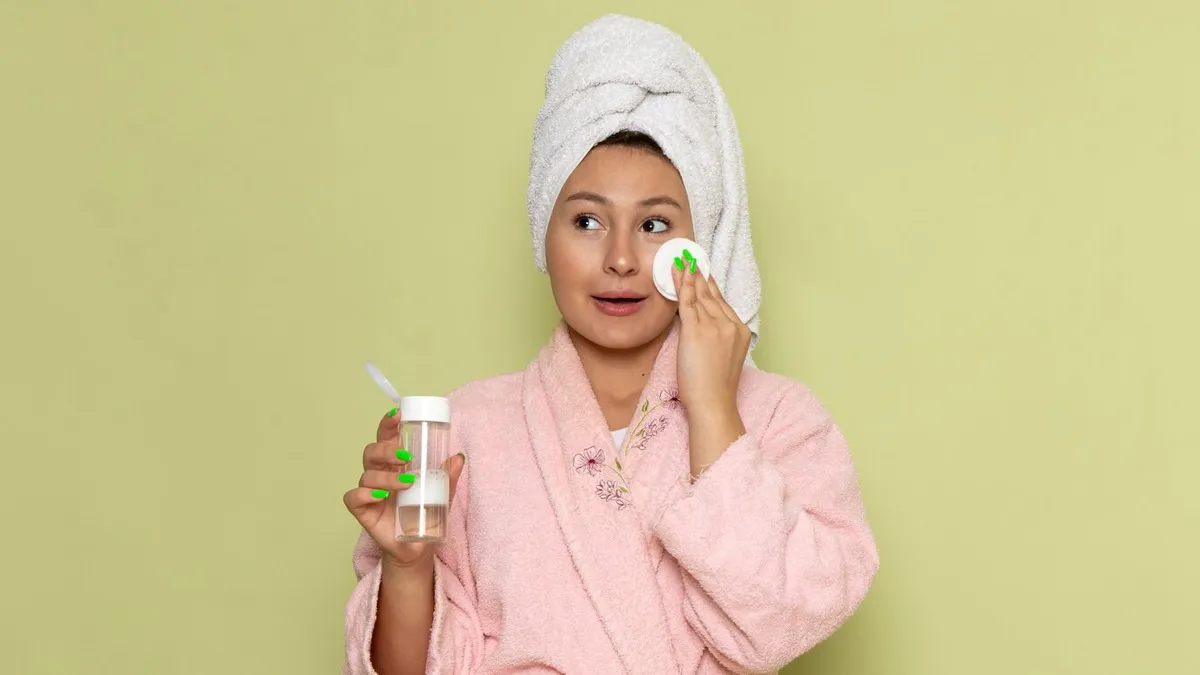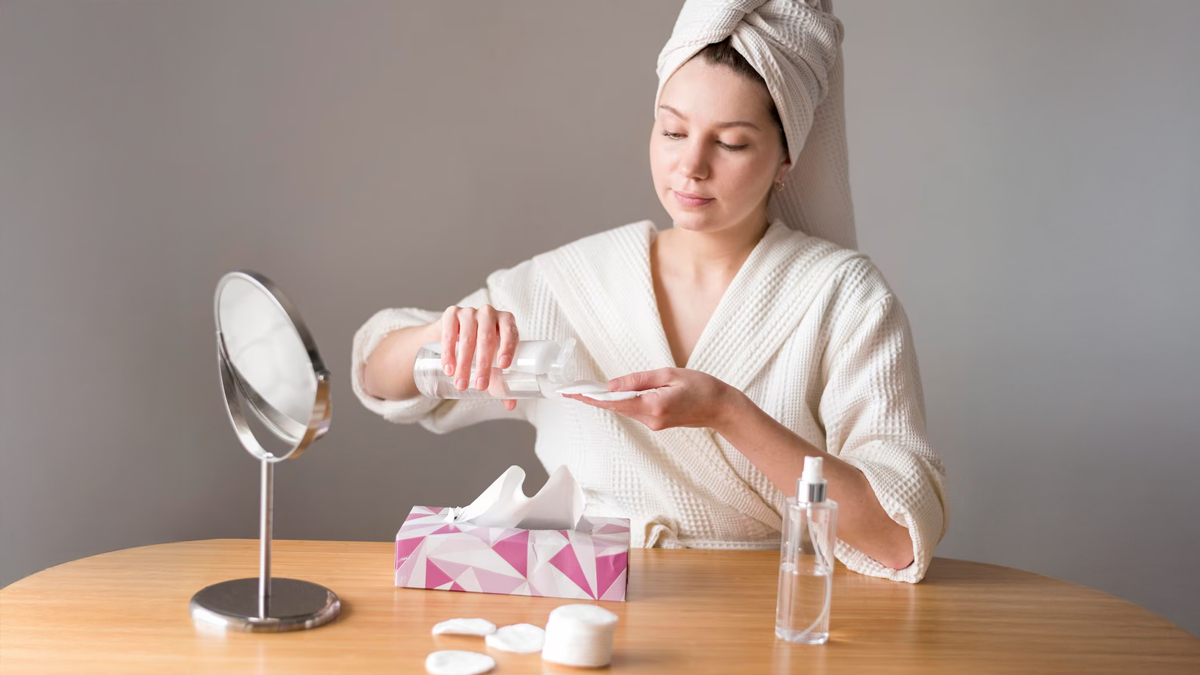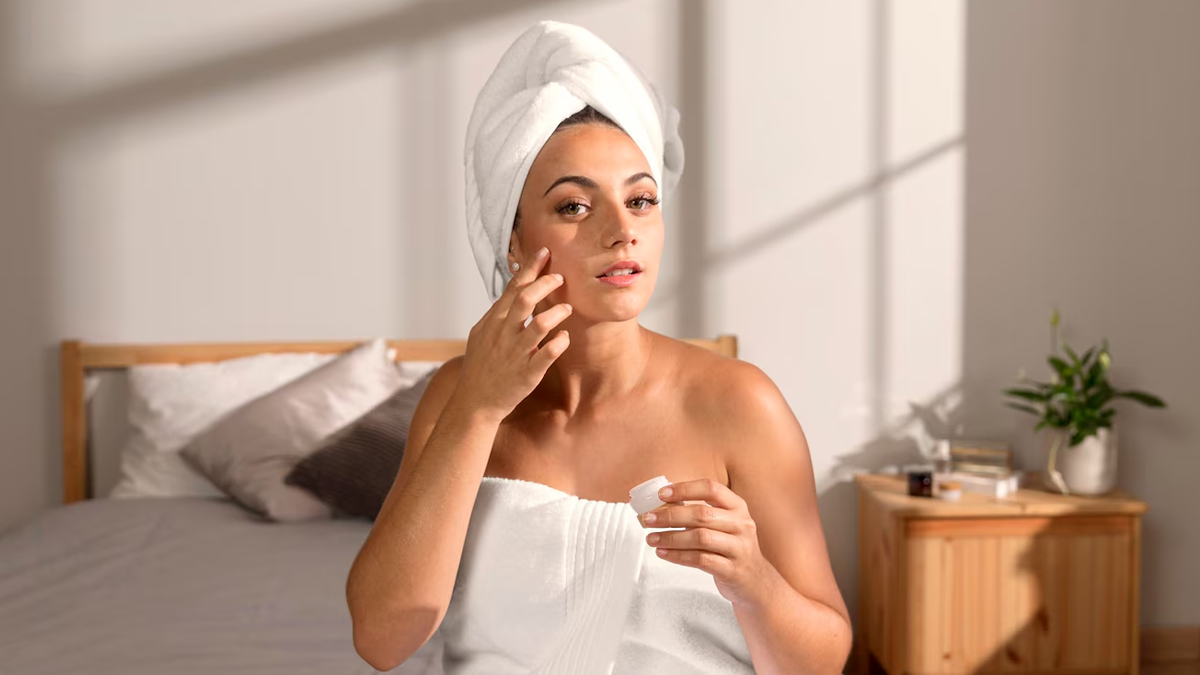
Water has been the star ingredient in pretty much all skincare products for years, from cleansers to creams. In recent years, though, waterless skincare has become a hot trend, with claims of more effective formulas, environmental sustainability, and longer-lasting results. However, that does make one think if water-free beauty products are good in themselves, better for your skin, or just a marketing hype?
Table of Content:-
In an exclusive interaction with the editorial team of Onlymyhealth, we asked the same question to our expert, Dr Sanjeev Gulati, Department of Dermatology, Sharda Hospital - Noida and here is what he shared with us.
What Exactly Are Waterless Skincare Products?
Waterless skincare products are created without the addition of water. Rather than using water as a diluent (which can weaken active ingredients), these products use alternatives like plant oils, fruit extracts, aloe vera juice, floral waters, and natural butters. They tend to be concentrated, so a small amount goes a long way.
Benefits of Waterless Skincare
Now these skincare products offer a range of benefits for our skin, Dr Gulati highlighted. These include:
1. Increased Concentration of Actives
Without the use of water as a filler, you receive more of the good stuff, like antioxidants, vitamins, and beneficial oils that are directly delivered to the skin.
Also Read: Is Male Baldness And Fertility Linked? Find Out Here

2. Longer Shelf Life
Bacteria love water, and since waterless skincare products have no water, and taking it out of products eliminates the necessity for heavy preservatives, allowing products to last naturally longer.
3. Sustainability Factor
Water shortage is a problem on the rise globally. Brands that offer waterless beauty emphasise lower water use during manufacturing, making it an environmentally friendly option.
4. Travel-Friendly and Less Wasteful
Concentrated balms, oils, and powders tend to have smaller packaging, so they are easy to carry and use less product with each application.
5. Gentle on Sensitive Skin
As mentioned, waterless products have fewer preservatives and fillers, which does not irritate sensitive or allergic skin. So, it is a better alternative.
Are There Any Drawbacks?
Despite the advantages, Dr Gulati warned that waterless skincare is not ideal for everyone:
- Heavier Textures: Most waterless products are oil- or butter-based and can be greasy on oily or acne skin.
- Higher Price Point: Concentrated formulas tend to be more expensive than water-based formulas.
- Not Always Necessary: Moisturising is still essential for healthy skin, and water-based products such as gels and serums offer a lightweight, refreshing pick-me-up that waterless products can't always provide.

Should You Switch Completely?
Dr Gulati answered that you do not necessarily have to switch to waterless skincare completely. Rather than breaking up your whole routine, you can think of adding waterless products where they excel best, such as rich night creams, cleansing balms, or serums with loads of active ingredients. If you have dry skin, you might particularly find the moisturizing oils and butters helpful. Oily or acne skins can still appreciate the equilibrium of lighter water-based products, though.
Bottomline
Waterless skincare is more than a trend, it’s a thoughtful approach to sustainability and potent skincare. While it may not completely replace traditional products, adding a few water-free options to your routine can give your skin a concentrated dose of nourishment while being kinder to the planet.
Also watch this video
How we keep this article up to date:
We work with experts and keep a close eye on the latest in health and wellness. Whenever there is a new research or helpful information, we update our articles with accurate and useful advice.
Current Version
Oct 05, 2025 10:45 IST
Modified By : Chanchal SengarOct 05, 2025 10:45 IST
Published By : Tanya Srivastava